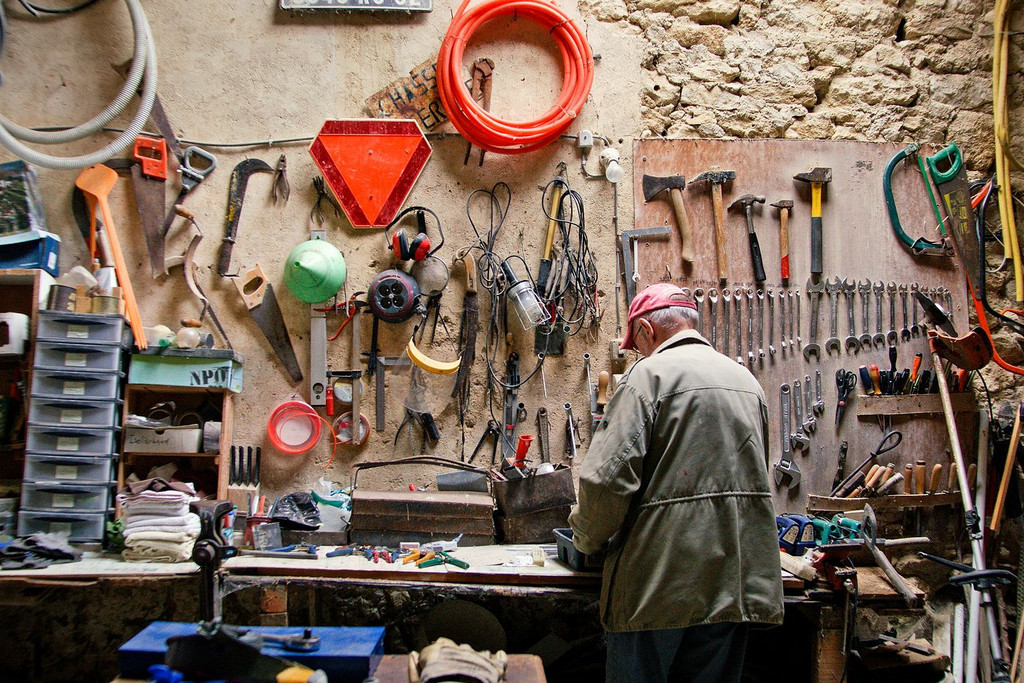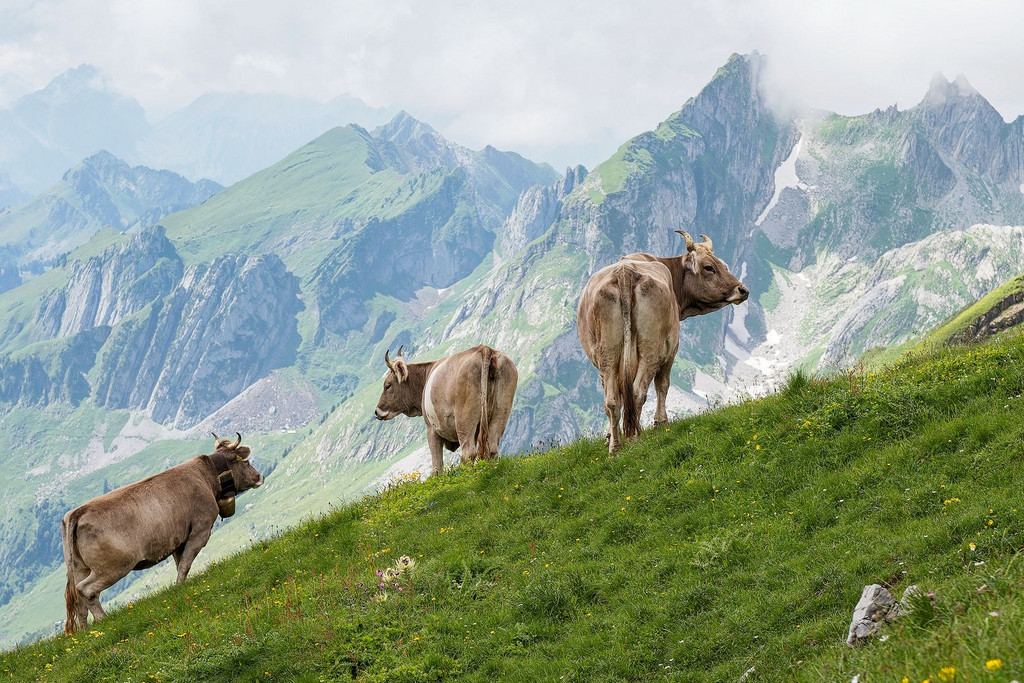The Swiss presence in Leipzig between 13 and 16 March was remarkable – it included over 80 authors from all four of Switzerland’s linguistic regions, around 70 publishing houses, cultural institutions like Pro Helvetia, a delegation from the Federal Council’s image promotion and communications agency known as Presence Switzerland, as well as academics, journalists and even Alain Berset, the Federal Councillor responsible for culture. “Auftritt Schweiz” (Switzerland Centre Stage) was the overarching title. The organisers of the Leipzig Book Fair avoided the term “guest country”, which is widely used elsewhere, as after all a large number of Swiss writers belong to the German-language cultural circle and there are few boundaries between Germany, Austria and Switzerland when it comes to literature.
Many Europeans were nonetheless perplexed by Switzerland’s approval of the Swiss People’s Party (SVP) initiative against mass immigration shortly before the opening of the book fair. The spotlight was on a guest that itself is no longer a good host. After the referenda of 2009 and 2010 on banning minarets and the deportation of foreign criminals, was this another manifestation of a xenophobic Switzerland?
Federal Councillor Alain Berset succeeded in redressing the situation somewhat with a short but brilliant speech. He began with a quotation by the Austrian writer Roda Roda: “To be born Swiss is a great blessing. It is also wonderful to die Swiss. But what does one do in between?” Alain Berset’s answer was: “At the moment, one is tempted to say that one perplexes the world and then explains Switzerland to the perplexed world.”
Berset also explained how much the Swiss enjoy crossing cultural boundaries and so are constantly obliged to produce translations for the various linguistic groups. He summed it up in one sentence: “We have the privilege of having to understand one another.”
Many representatives of Switzerland, from the highly acclaimed young author Dorothee Elmiger to the bestselling author Martin Suter and the old master Franz Hohler, had the opportunity to give readers a closer insight into Swiss literature over the days that followed and also the task of clearing up the confusion and explaining Switzerland to the audience in panel discussions, TV programmes and newspaper interviews. Peter von Matt’s explanation of the referendum result was widely quoted: “30?% of every society is made up of idiots, Switzerland included”.
Picture The “red bench” was an eye-catching feature of Switzerland’s presence in Leipzig. Benches for relaxation and reading were placed throughout the city











Comments